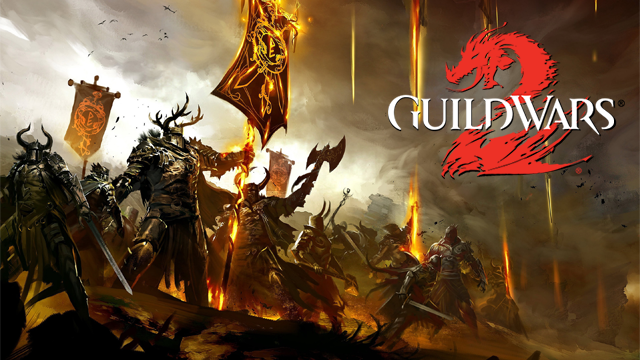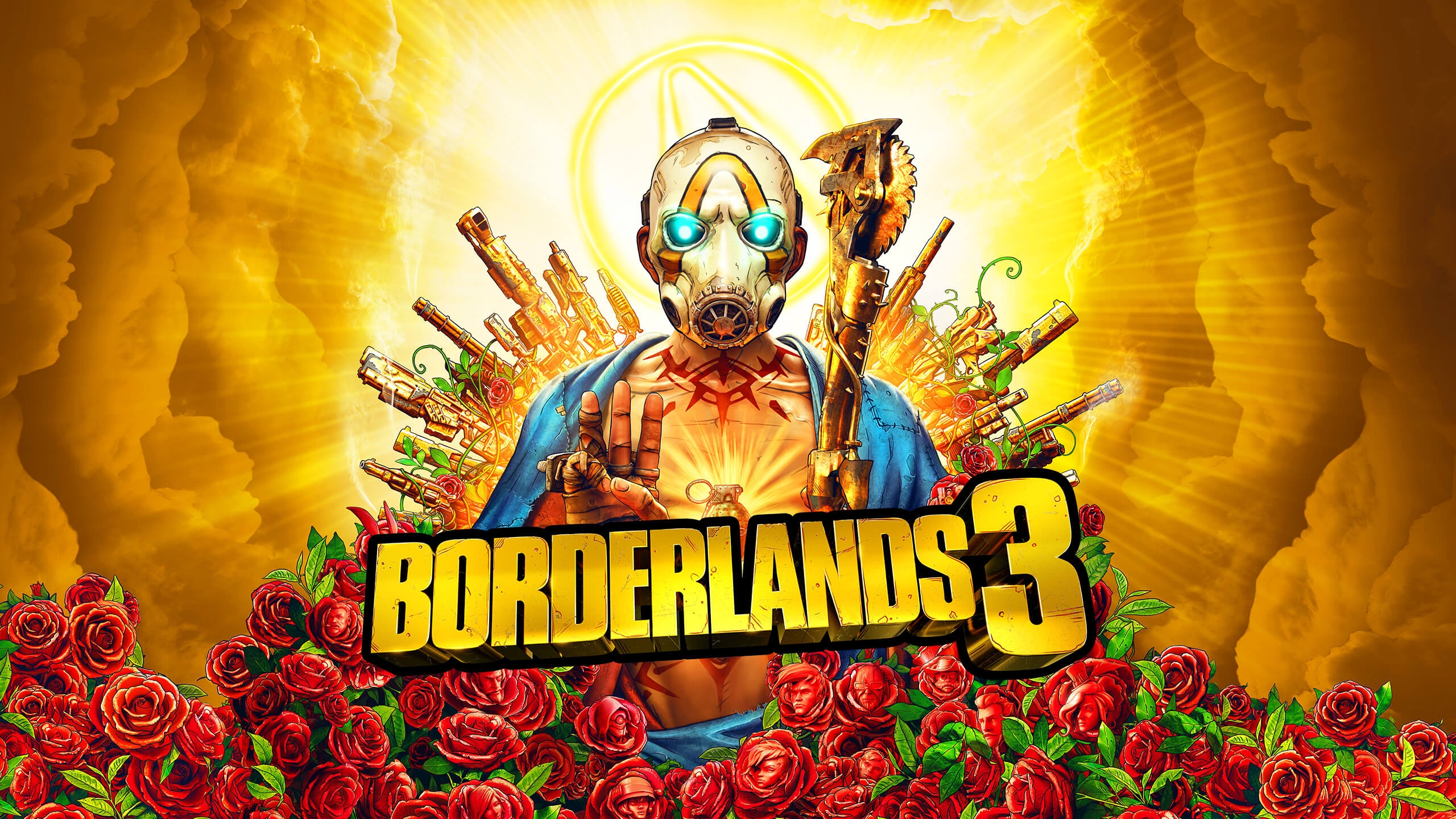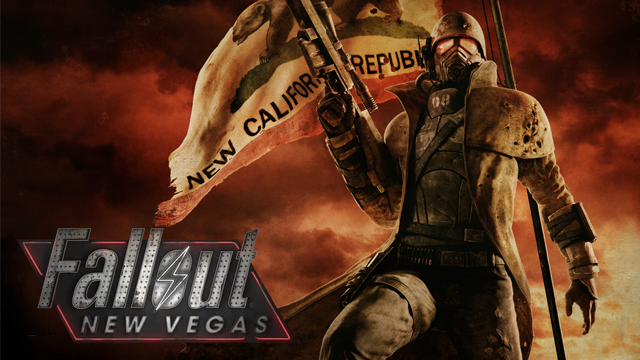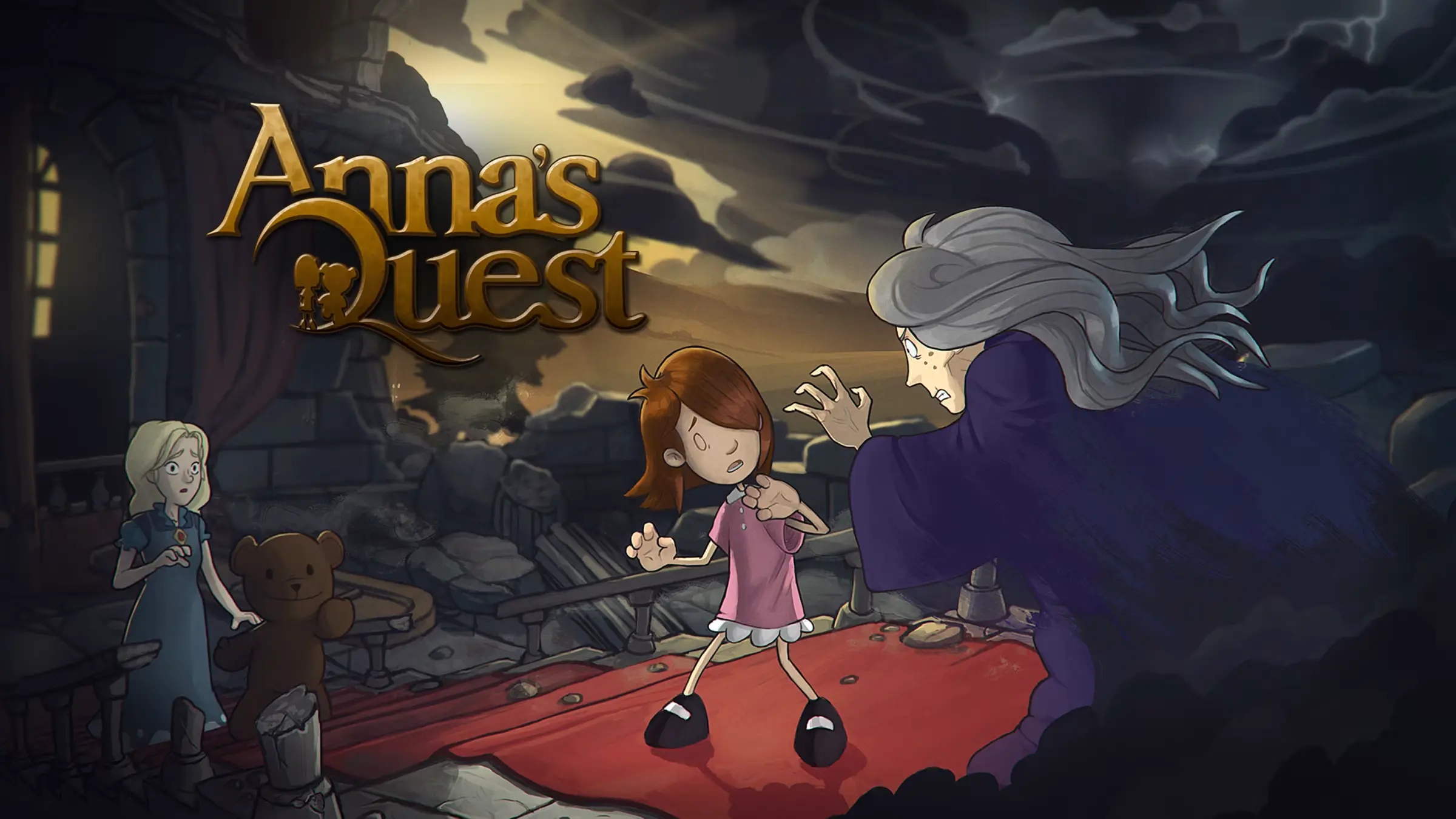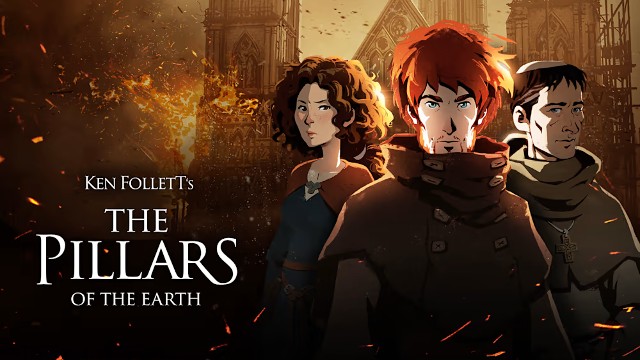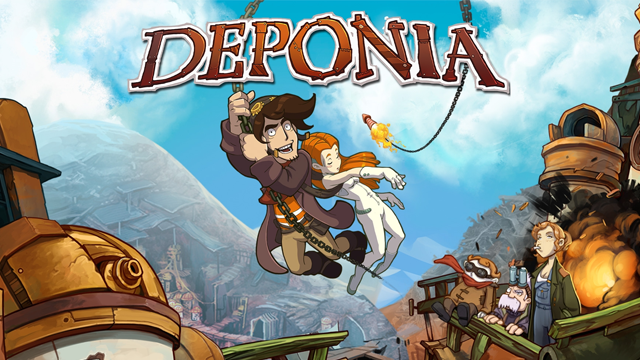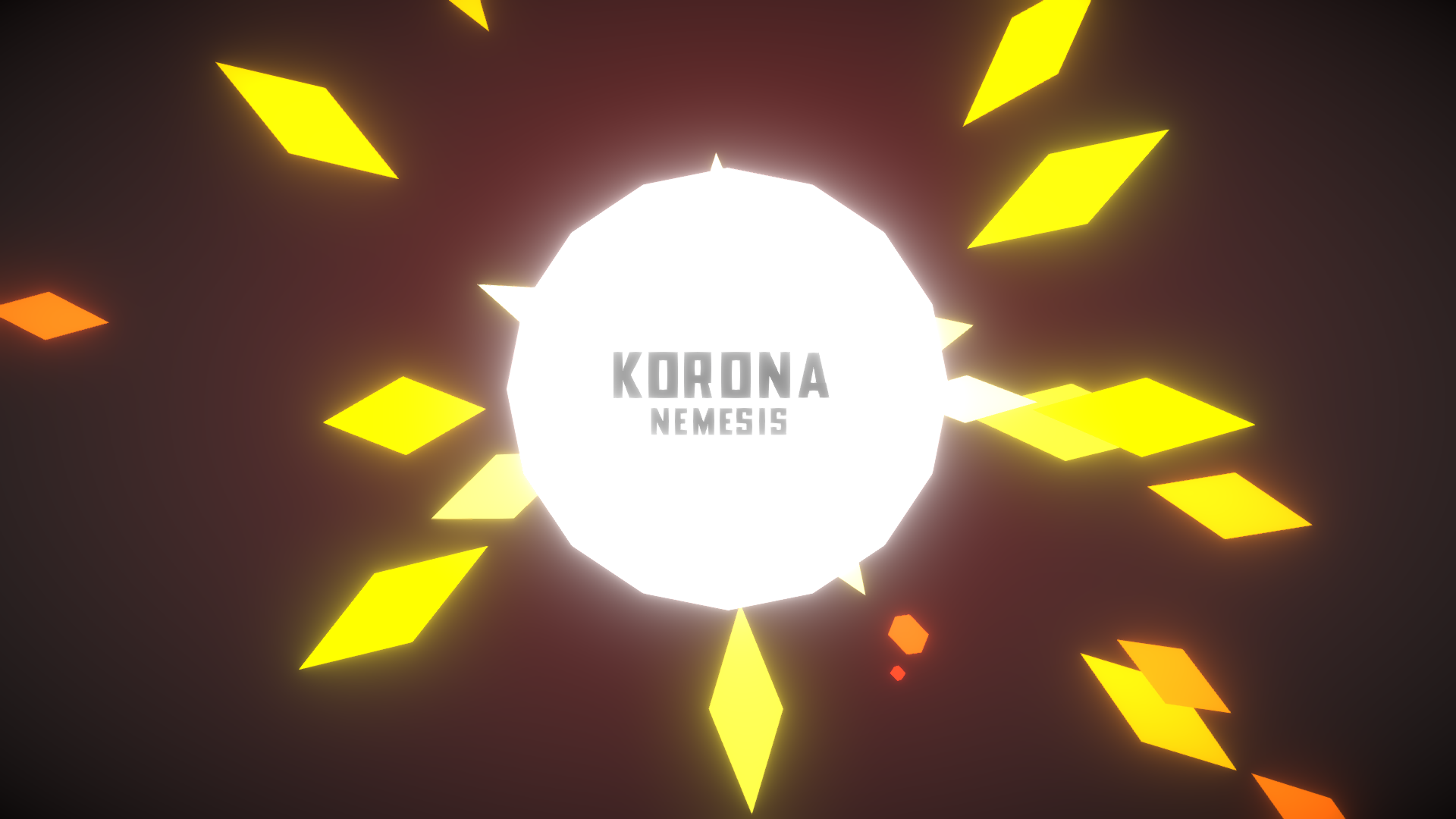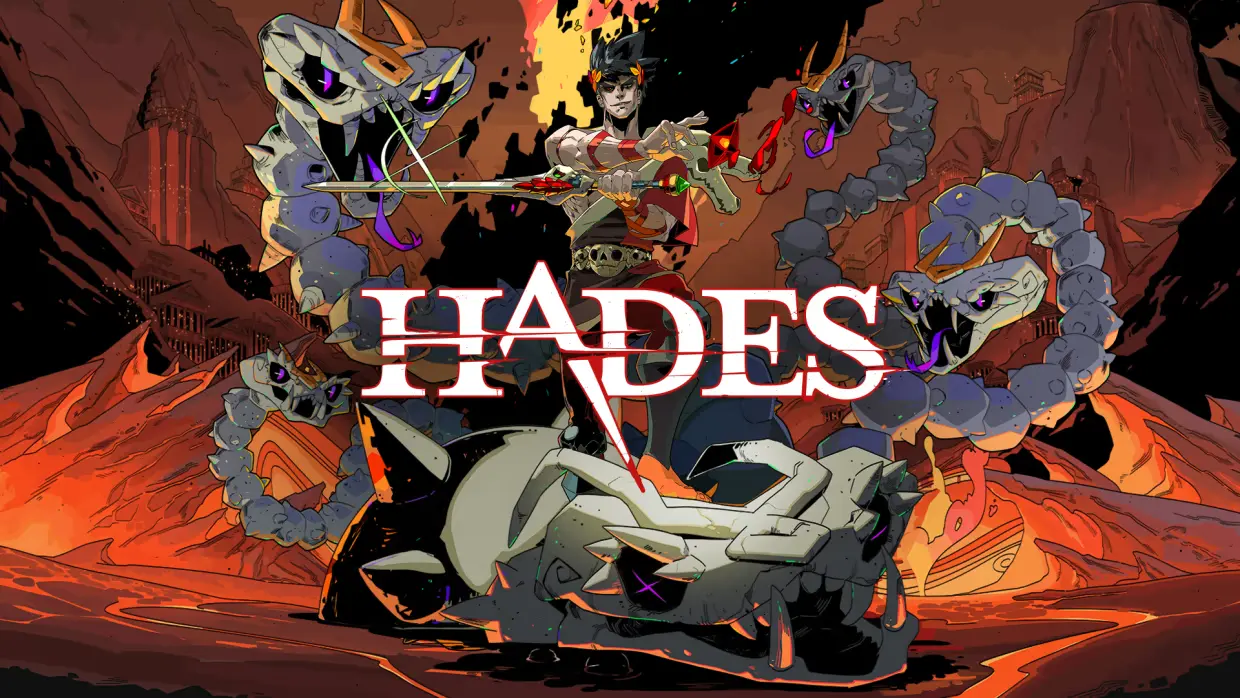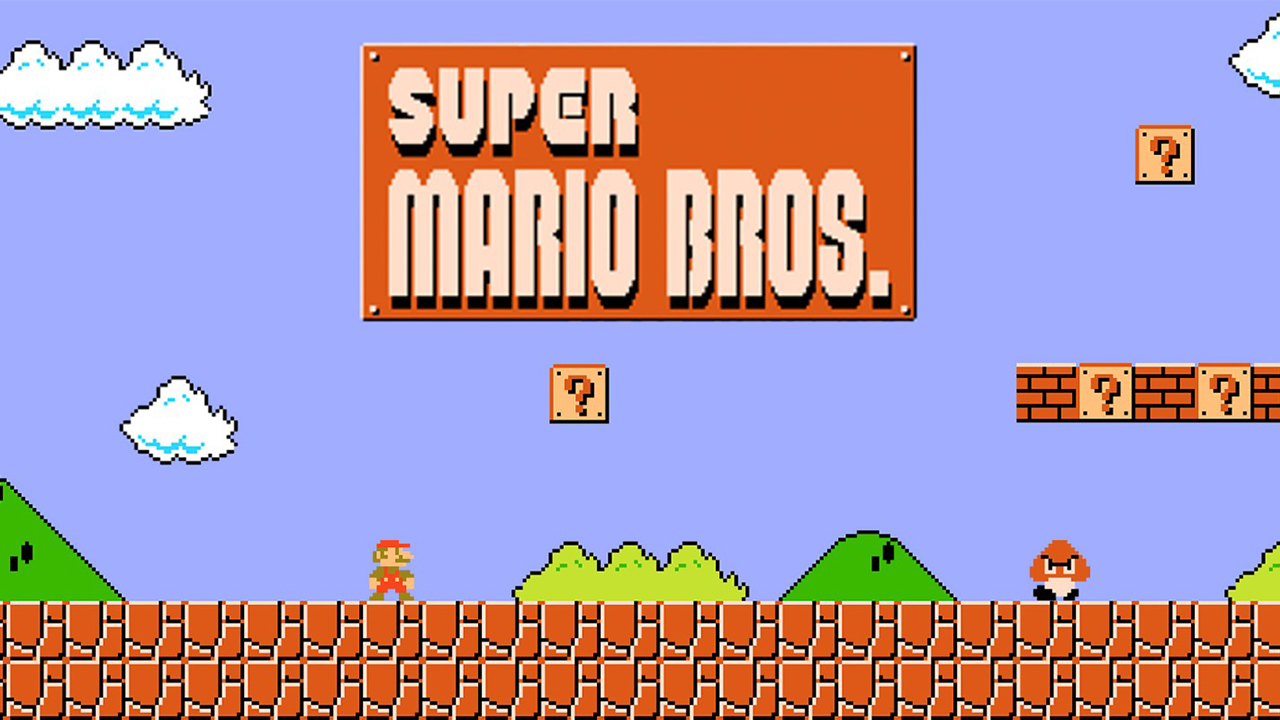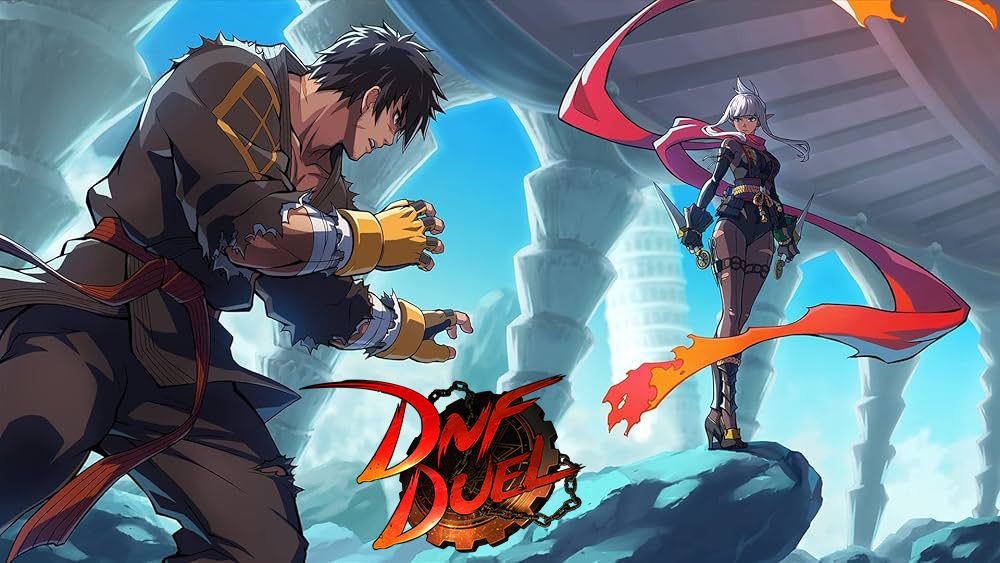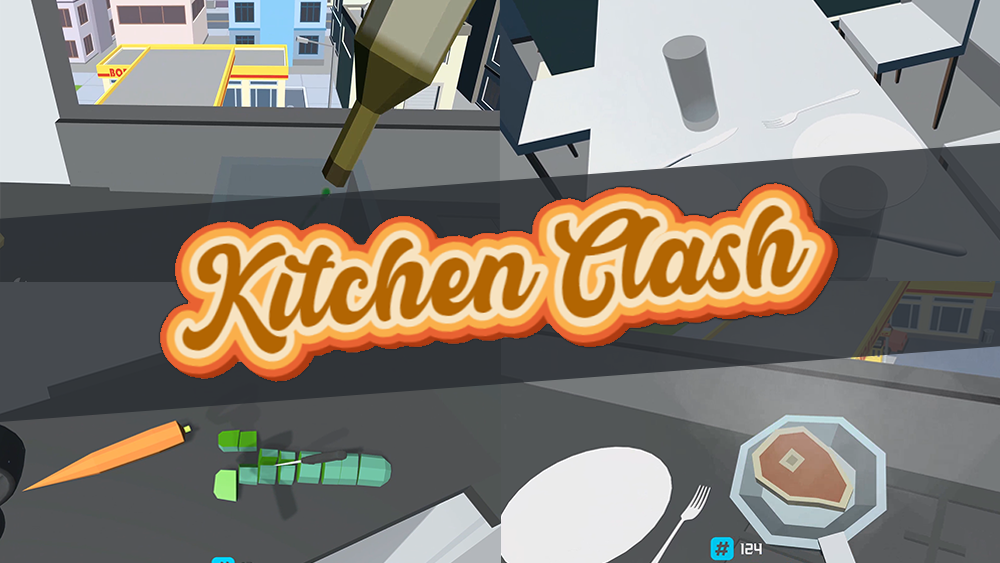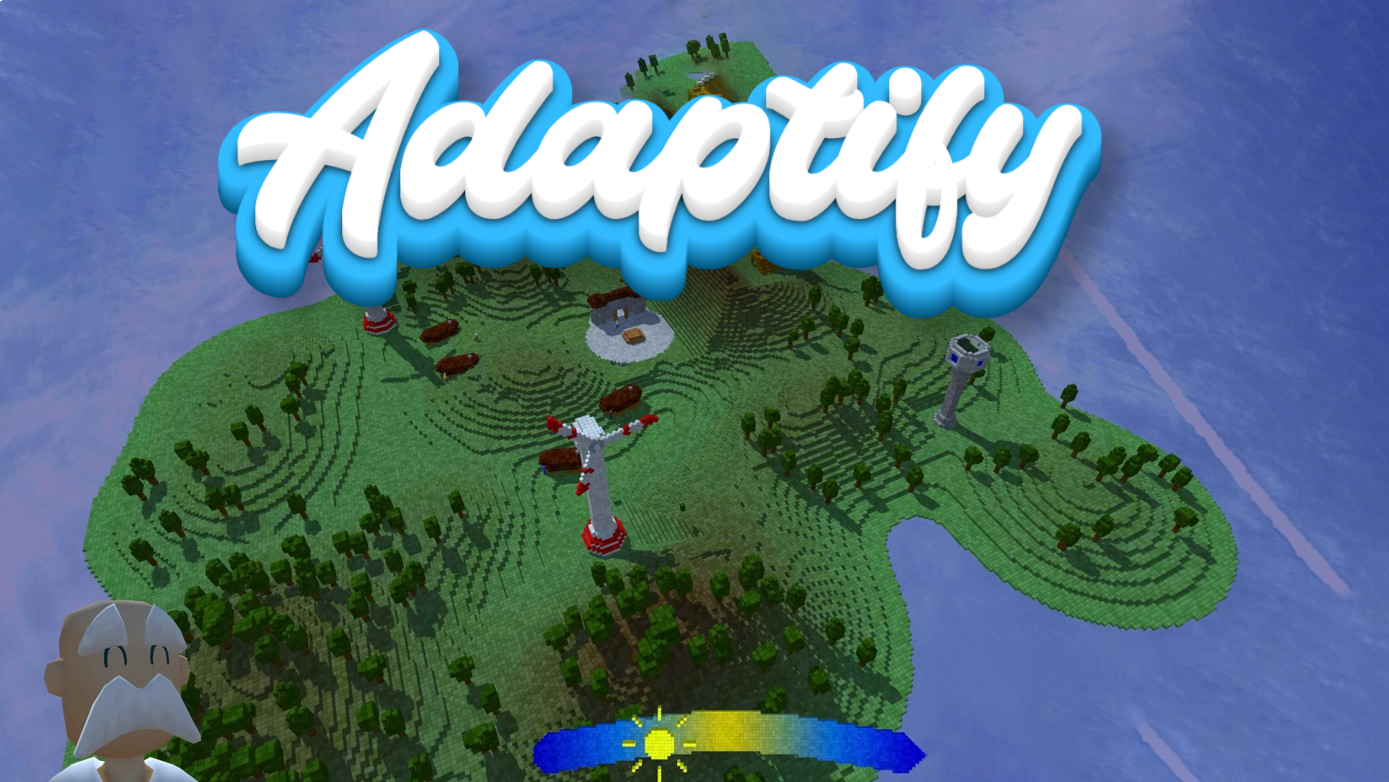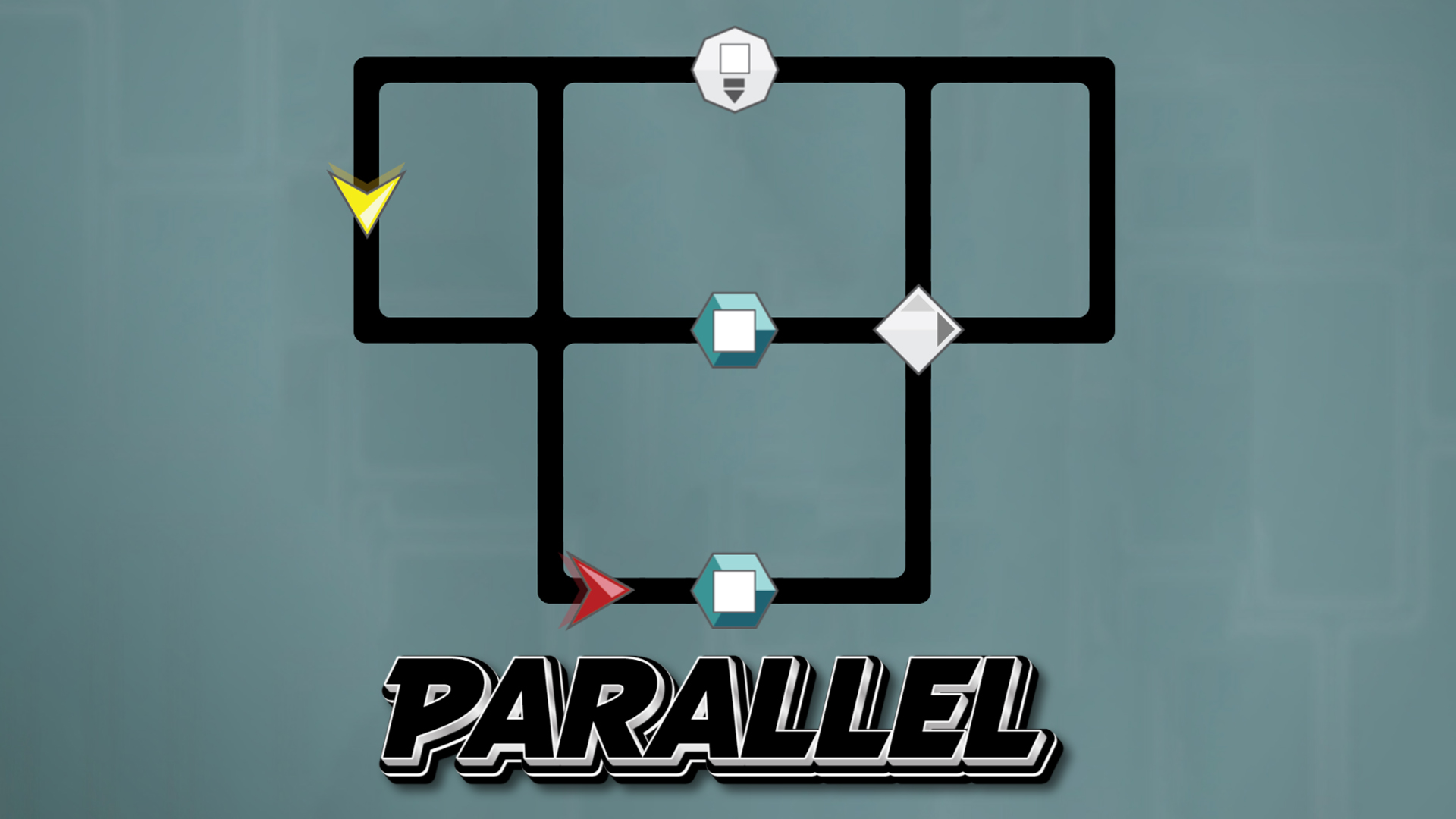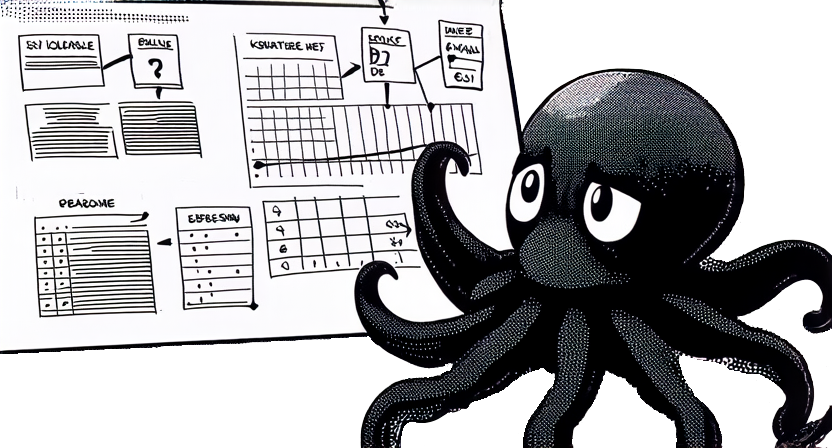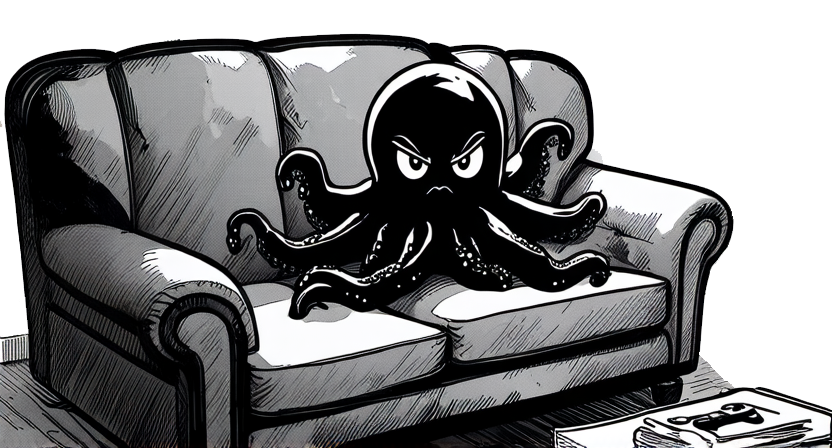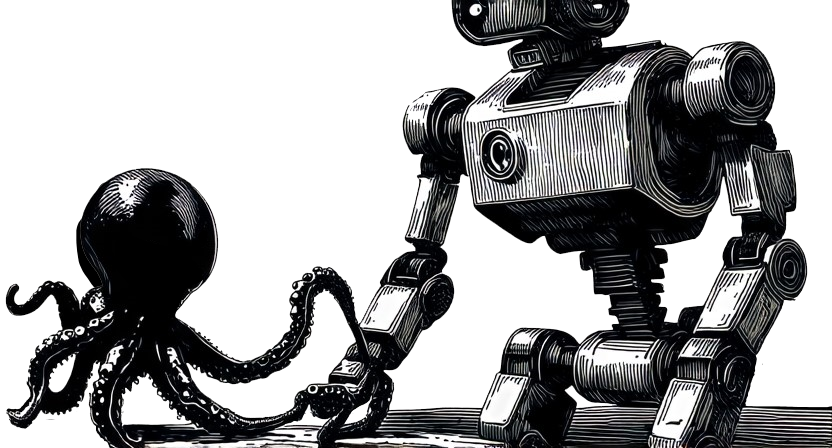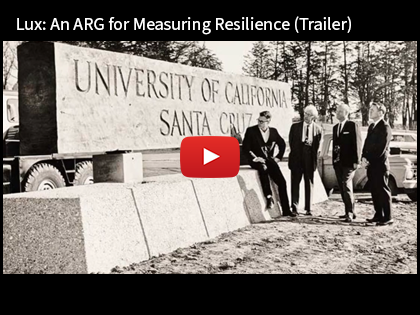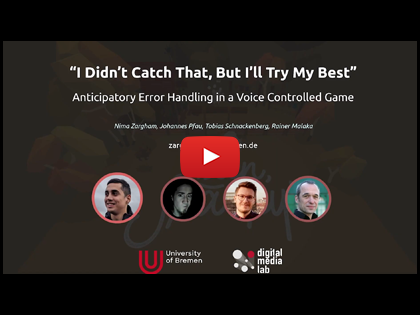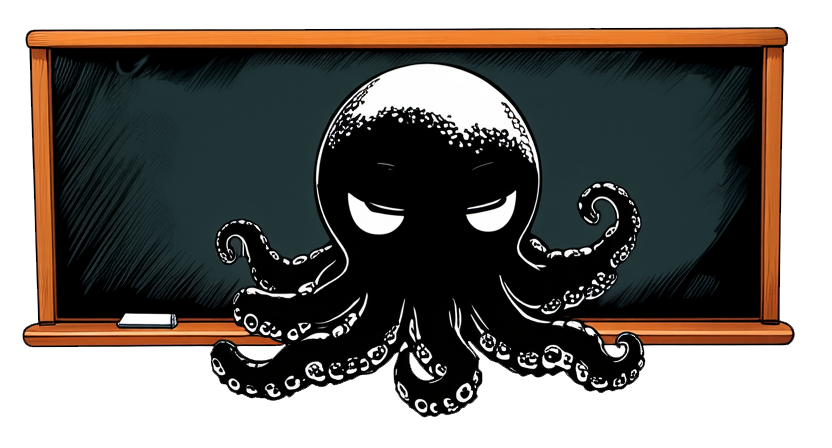Psychology of Play
What good comes from data alone if it does not push us to further understand ourselves?
Together with my PhD students of the
Lux project, I investigated in how far we can measure
resilience, the core competence of bouncing back from life's struggles and adversities, using in-game activity and communication data. We built multiple Alternate Reality games to derive collaborative problem solving solutions
25, investigate the applicability of different stressor types
26, attributed for differences in personality
28, and envisioned intervention mechanisms based on emotion regulation and coping strategies
29.
On another note, I revealed the often unhealthy practice patterns of esports players together with my PhD student Ioannis Bikas
30-31, which besides physical strain and afflictions can also cause training-inhibiting
mental fatigue, before looking into alternative feedback mechanisms and schedules
32,33.
Eventually, player personality can not only be predictive
28, but also being predicted by in-game choices and play styles
27, which we furthermore utilized to tailor game mechanics to the very player, as a catalyst for increased intrinsic motivation
34.

